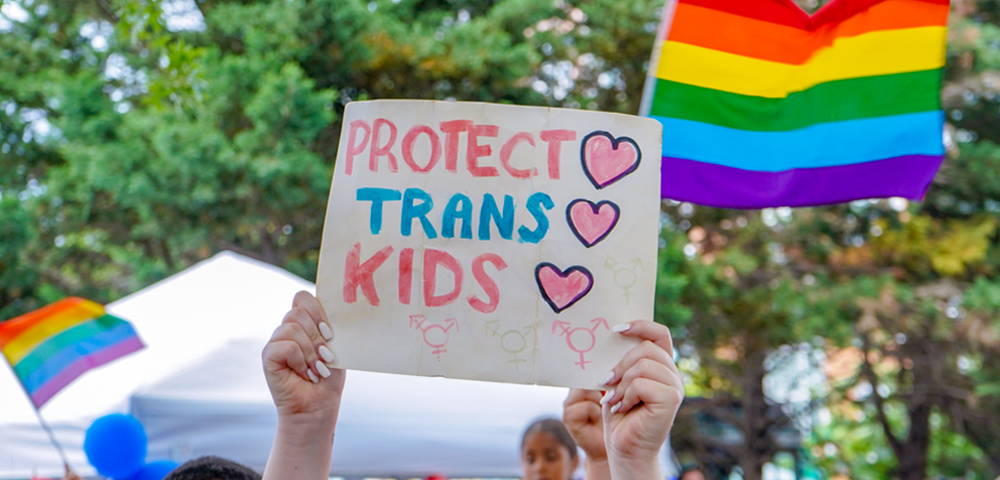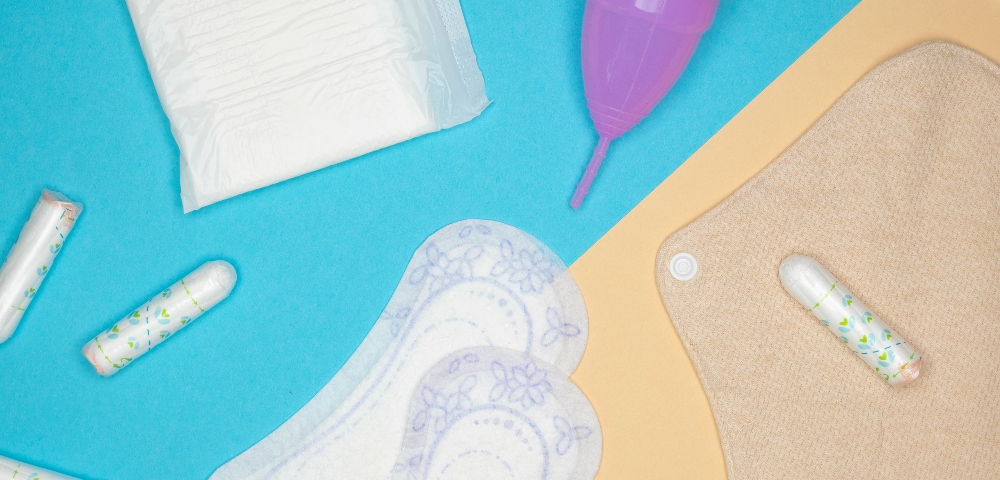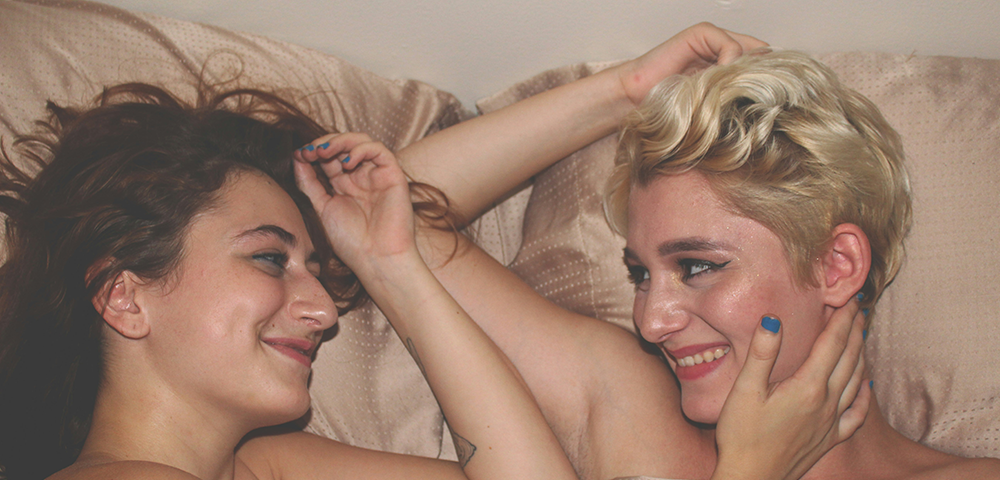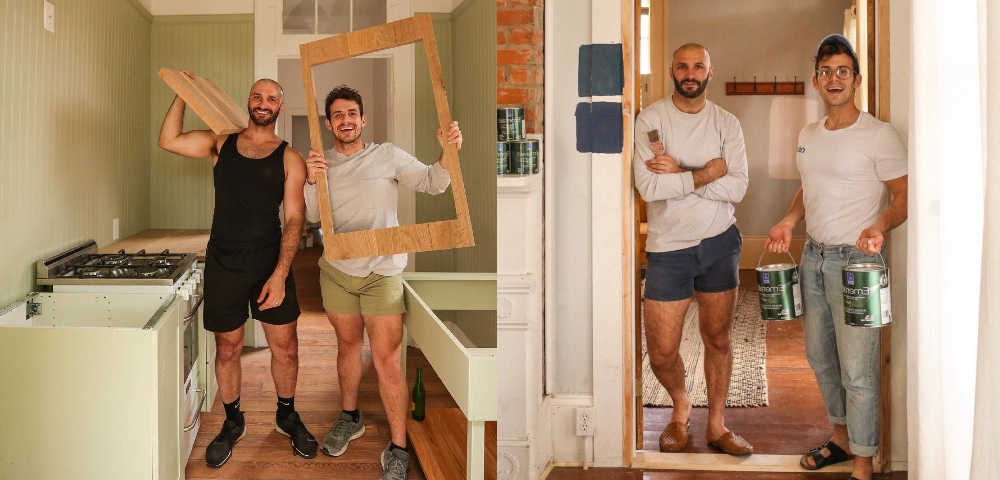
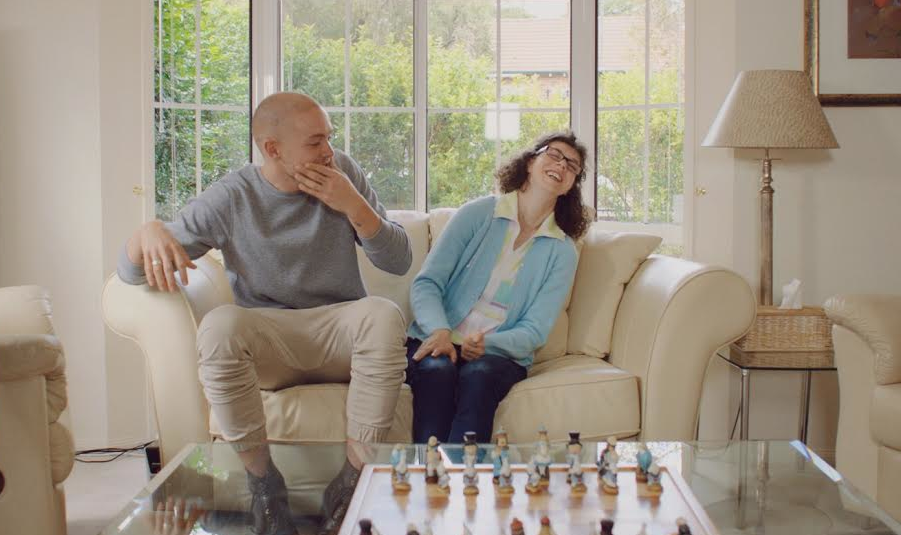
EARLIER this year I directed a short documentary as part of Metro Screen’s #screenability initiative; an important funding program designed to challenge societal perceptions of those living with disabilities through the medium of film. My documentary was called The Dateables and sought to explore the world of sexuality and dating for those on the spectrum of intellectual disability.
[showads ad=MREC] It’s a subject close to my heart for a number of reasons. Aside from my innate interest in sexuality, my mother, Liz Dore, has been working as an independent relationships counsellor for disabled people for over 10 years — running countless singles events, workshops and dances every year, often at her own expense and with minimal organisational support.
Navigating our sexuality can be a challenging road at the best of times, but for those in the community who might not have access to the necessary resources or be able to properly express themselves and their needs, this journey can be riddled with a heightened sense of isolation, anxiety and confusion. After all, much of the existing support infrastructure is tailored to helping people build their own functioning and independent lives. Specifically, this might include employment assistance, education and accommodation — all of which are unquestionably important, but still pale in comparison to the significance of human connection, relationships and love.
This was a sentiment echoed by many of our subjects and their families while shooting The Dateables. One young man spoke of the excitement and affirmation he felt after attending his first Mardi Gras parade, but lamented the struggle of coming out to family and friends while admitting he was unsure of safe ways to meet potential romantic partners who were understanding of his struggles and eccentricities. Another couple (Danielle who has Down syndrome and David who has autism) recalled meeting each other at a specialised event 10 years earlier — and spoke of how their relationship has exponentially increased their quality of life.
Another of Metro Screen’s #screenability filmmakers, Daniel Monks, tackled the dominant notions of desirability rife in mainstream media with his short film Marrow. As a young gay man, Monks believes he is often de-sexualised by others due to his physical handicap.
“Disabled bodies are so often deemed either unattractive or asexual in our media culture, which idolises physical perfection and encourages us as individuals to pursue those ideals, especially within the gay community,” he says.
“I wanted to comment on our constant need to be attractive and desirable to others — as opposed to concerning ourselves with making real human connections, which are only possible through being all of ourselves, flaws and all.”
While it’s certainly not an issue concerning only the LGBTI community, there is much we can do to reach greater levels of understanding, acceptance and empathy — and realise our need to experience love within an intimate relationship transcends all physicality and handicap. As such, my mother has recently started working on a project called The Rainbow Bridge Social Club, which in January is set to become the first social group in NSW specifically for 16 to 26-year-old LGBTI people with intellectual disabilities.
As one of the beautiful mothers in my documentary so eloquently put it, “love knows no boundaries, size, shape or colour”.
For more information on The Rainbow Bridge Social Club, email [email protected]
HOMOS ON HIATUS are creative duo Samuel Leighton-Dore and Bradley Tennant. Their blog celebrates homo-heroes and inclusive ideas. You can find them at HomosOnHiatus.com or on Instagram: @HomosOnHiatus. You can also follow Samuel on Twitter:@SamLeightonDore
To read Samuel Leighton-Dore’s previous columns for Star Observer, click here.
______________________________________
**This article was first published in the January edition of the Star Observer, which is available now. Click here to find out where you can grab a copy in Melbourne, Sydney, Brisbane, Adelaide, Canberra and select regional/coastal areas.
Read the January edition of the Star Observer in digital format:
[showads ad=FOOT]



